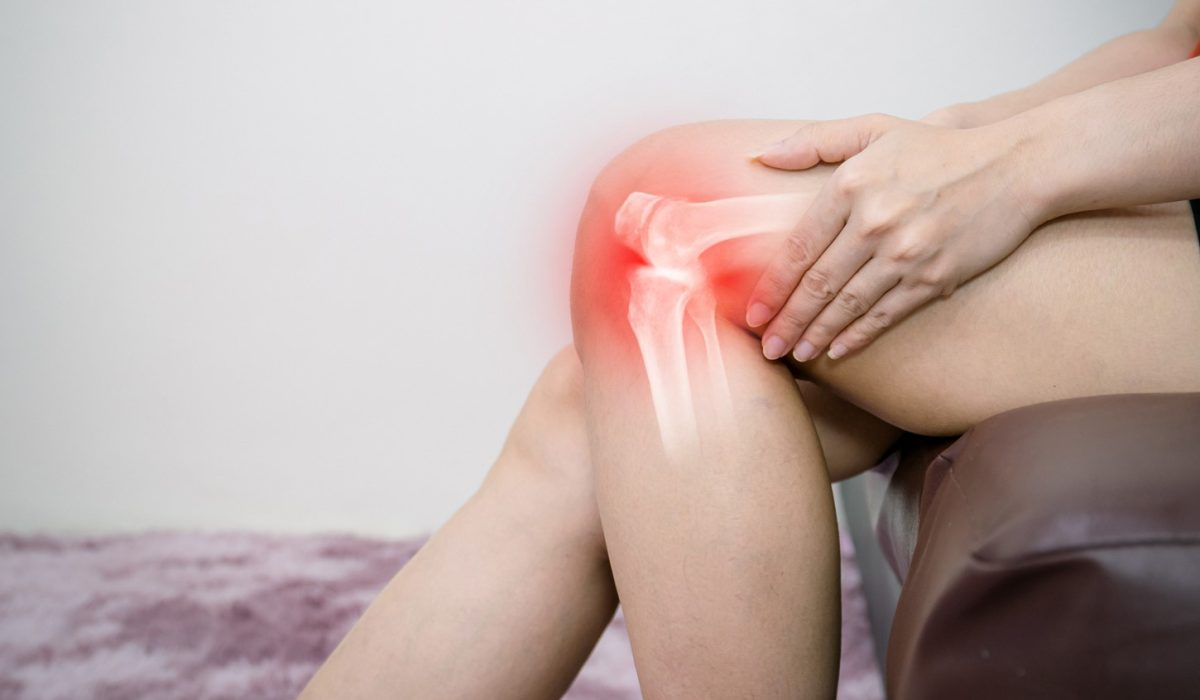Living with Juvenile Idiopathic Arthritis (JIA) can be challenging for children and their families.
The chronic pain, stiffness, and fatigue associated with JIA can significantly impact a child’s daily life. In this blog, we’ll explore some coping strategies and tips to help children manage their condition effectively.
Education and Awareness
One of the first steps in coping with JIA is understanding the condition and its impact. Educating children about their diagnosis, symptoms, and treatment options empowers them to take an active role in managing their health. Encouraging open communication and providing age-appropriate information can help alleviate fears and anxieties surrounding the condition.
Pain Management
Pain is a common symptom of JIA and can be challenging to manage. Developing a personalized pain management plan in collaboration with healthcare providers is crucial.
This may include medication, physical therapy, relaxation techniques, and alternative therapies like acupuncture or massage. Teaching children coping strategies such as deep breathing exercises or visualization can also help them better manage pain during flare-ups.
Physical Activity
Regular physical activity is essential for children with JIA to maintain joint flexibility, muscle strength, and overall health. Encourage children to engage in activities they enjoy, such as swimming, biking, or yoga, while being mindful of their limitations. Working with a physical therapist can help develop an exercise program tailored to their needs and abilities.
Emotional Support
Living with a chronic condition like JIA can take a toll on a child’s emotional well-being. Providing emotional support, validation, and encouragement can help children cope with the challenges they face. Encourage them to express their feelings and concerns openly and offer reassurance that they are not alone in their journey.
Nutrition and Lifestyle
A healthy diet plays a vital role in managing JIA symptoms and overall well-being. Encourage children to eat a balanced diet rich in fruits, vegetables, whole grains, and lean proteins while limiting processed foods and sugary snacks. Adequate hydration is also essential for joint health and overall hydration.
Social Support
Building a strong support network of family, friends, and healthcare professionals is essential for children with JIA. Encourage children to maintain social connections and participate in activities that bring them joy.
Coping with JIA requires a holistic approach that addresses physical, emotional, and social well-being.
By implementing these coping strategies and providing support, children with JIA can better manage their condition and live fulfilling lives.

